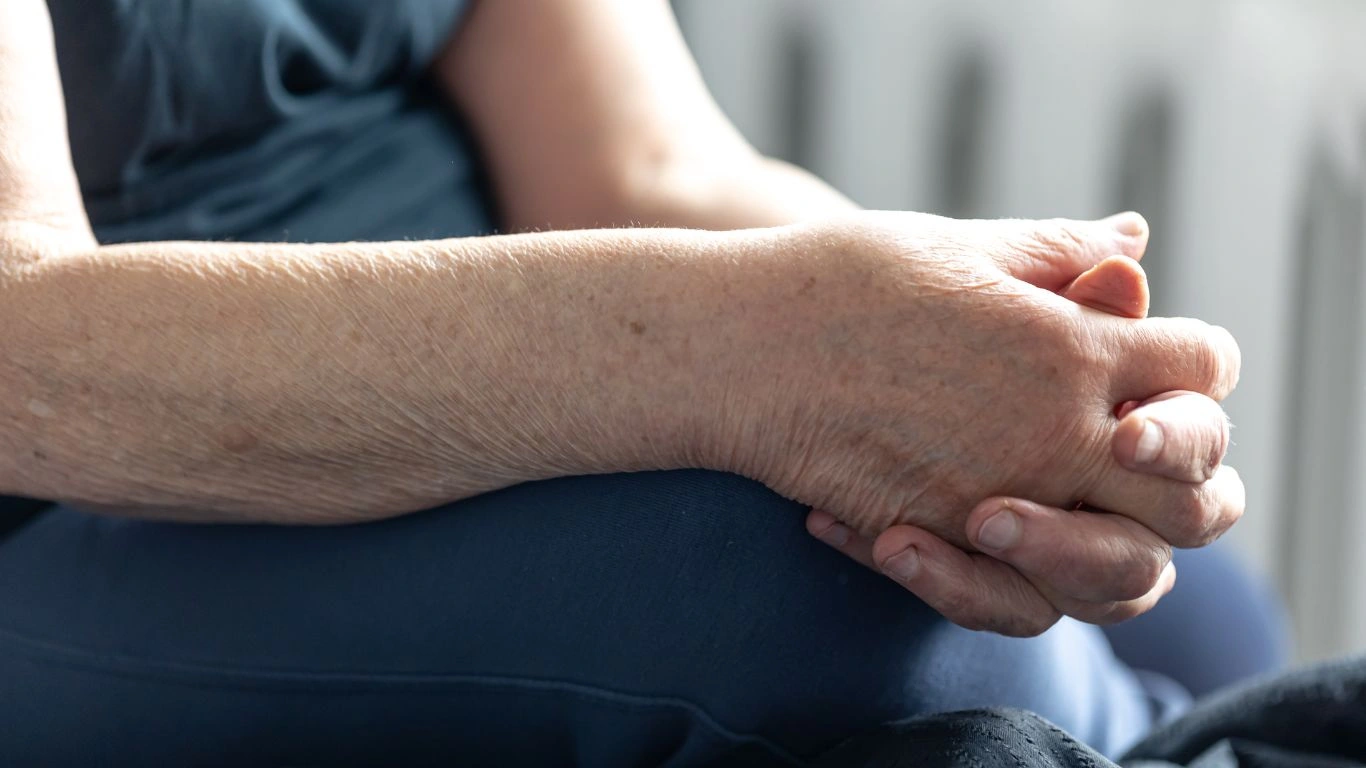Why RA Hurts in Morning: Understanding and Managing Pain
Waking up to stiff, achy joints can feel like your body is stuck in a stubborn time warp — especially if you’re living with rheumatoid arthritis (RA). You might have asked yourself, “Why does RA hurt in the morning?” As a rheumatology nurse practitioner who’s seen countless patients battle this very question, I want to unpack this common struggle. Understanding the reasons behind that morning pain can not only help you manage your symptoms better but also give you a sense of control over a condition that often feels unpredictable.
Why RA Hurts in the Morning: The Science Behind Morning Stiffness
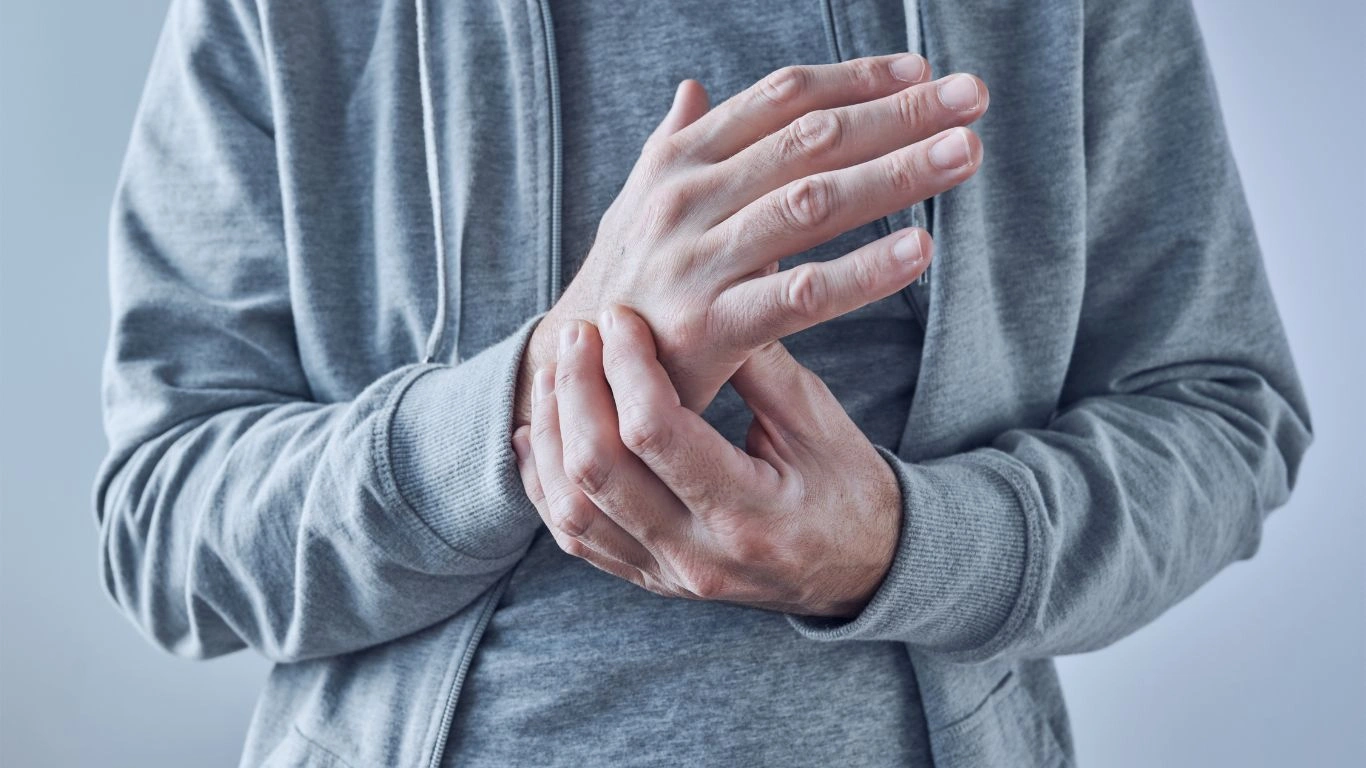
The hallmark symptom for many people with RA is morning stiffness and pain. It’s not just in your head — there’s a very real physiological reason why your joints ache worse at dawn.
Inflammation Peaks Overnight
RA is an autoimmune disease where the body’s immune system mistakenly attacks the synovium, the lining of the joints. This attack causes inflammation, swelling, and pain. What’s fascinating is that the body’s inflammatory processes tend to ramp up overnight. Your immune system releases inflammatory proteins called cytokines, such as tumor necrosis factor-alpha (TNF-alpha) and interleukin-6 (IL-6), which peak in the early morning hours.
Think of it like your body turning up the volume on inflammation while you’re asleep — and you wake up to the consequences. From my clinical experience, patients often tell me that their joints feel like “they’ve been glued together overnight,” and that morning stiffness can last anywhere from 30 minutes to several hours.
Decreased Movement Makes It Worse
During sleep, your joints stay mostly still. This lack of movement causes joint fluid to become thicker and less effective at lubricating the joints. Imagine trying to move rusty hinges first thing in the morning — that’s similar to what your joints are experiencing. Once you start moving around, the fluid becomes more mobile, easing the stiffness.
Why Does This Happen More in RA Than Other Conditions?
Everyone experiences some morning stiffness from time to time, but in RA, the inflammatory process is chronic and ongoing. This means your body is in a persistent state of attack against itself, making morning stiffness more intense and longer-lasting compared to other causes like osteoarthritis or general aging.
The Role of Circadian Rhythms in RA Pain

Another piece of the puzzle is your body’s internal clock, or circadian rhythm. This natural 24-hour cycle regulates many functions, including hormone production and immune activity. Studies have shown that cortisol, a hormone that helps reduce inflammation, dips during the night and is lowest in the early morning hours. In people with RA, this dip can make it harder for the body to fight inflammation effectively during sleep.
How Cortisol Affects Morning Symptoms
Normally, cortisol acts as a natural anti-inflammatory. But if its levels are low overnight, the inflammatory chemicals can run unchecked, which is why your joints might be screaming at you first thing in the morning. This is a critical insight I share with patients because it explains why some medications, like low-dose corticosteroids, are sometimes prescribed to be taken at night — to help balance this hormonal dip and reduce morning pain.
My Personal Observations with Patients
Over the years, I’ve noticed that patients who manage to maintain some light activity before bed or stretch gently during the evening report less morning stiffness. It’s not a cure-all, but moving just a bit seems to help keep the inflammatory process from overwhelming the joints overnight.
How Joint Damage and RA Activity Influence Morning Pain
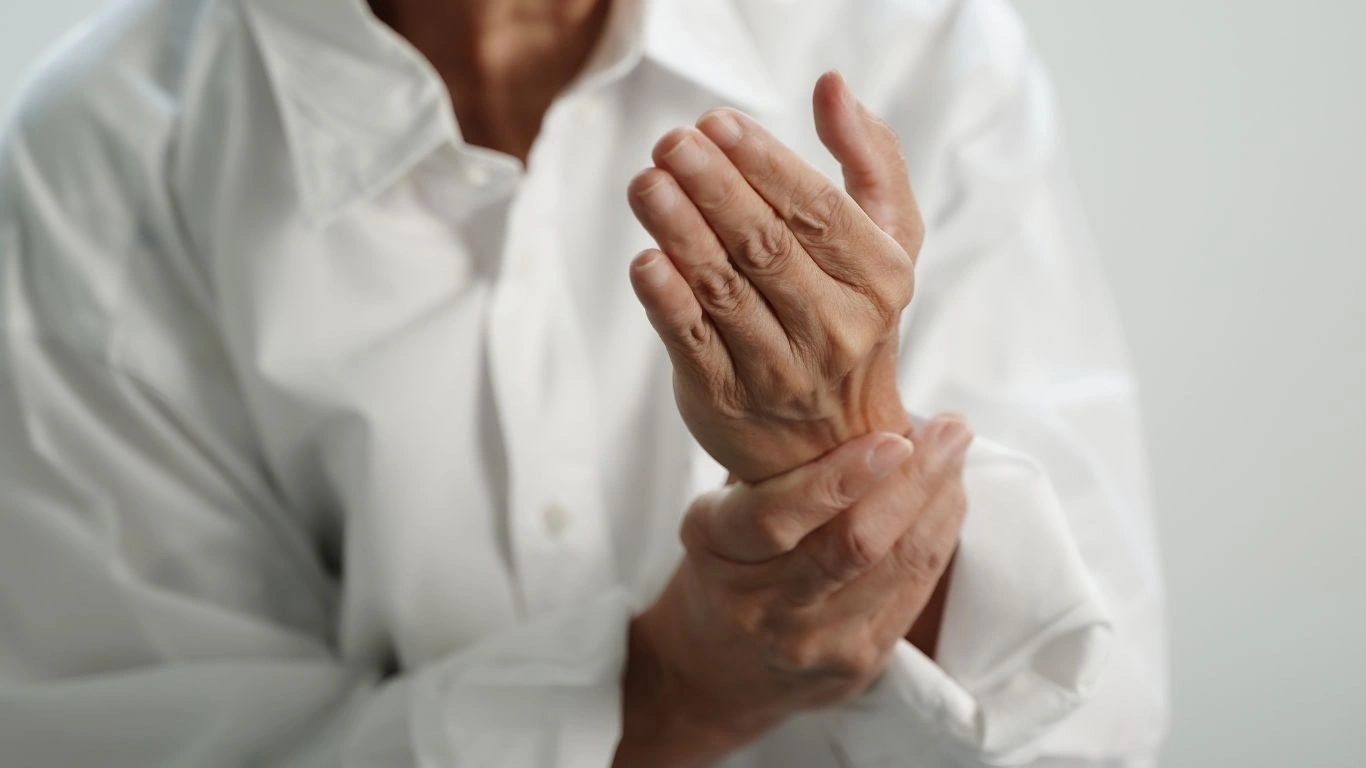
Chronic Inflammation Leads to Joint Changes
When RA is active and untreated or poorly managed, the ongoing inflammation can start to damage cartilage and bone. This structural damage can make morning pain worse and more persistent. From what I’ve seen in clinical settings, patients with more advanced joint changes often report longer bouts of stiffness and pain after waking.
Why Disease Control Matters
This brings home the importance of controlling RA activity. Morning stiffness is often a reliable marker of disease activity — if it’s getting worse or lasting longer, it might be time to re-evaluate treatment. In my practice, I encourage patients to keep a symptom diary focusing on stiffness duration and severity to help tailor their therapy.
Tips for Patients to Ease Morning Pain
- Try gentle stretching before getting out of bed to get joints moving.
- Consider using warm packs or a heated blanket to reduce stiffness.
- Discuss with your healthcare provider about the timing of medications to optimize symptom control.
- Maintain a regular sleep schedule to support your body’s natural rhythms.
Managing Morning Pain: Practical Strategies That Work
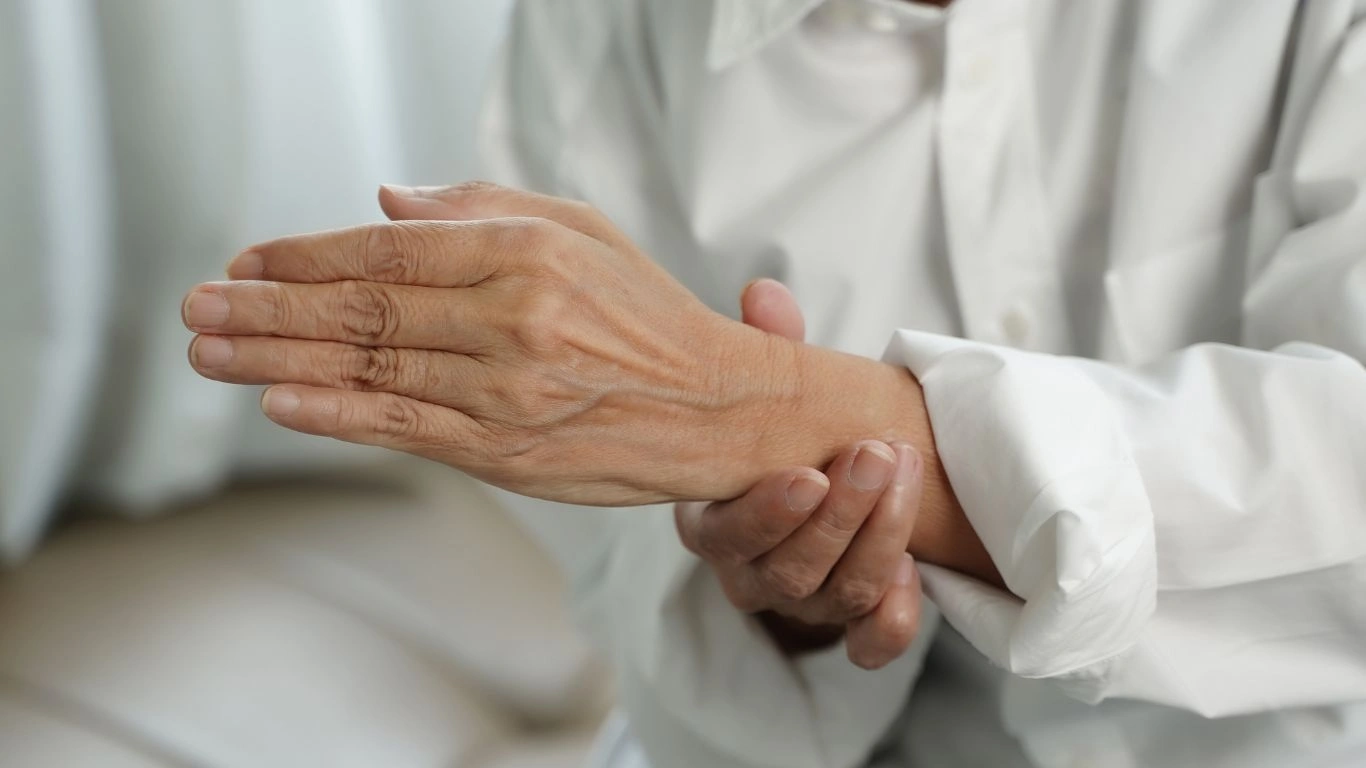
Living with RA means waking up to that stubborn question: Why does RA hurt in the morning? But once you understand the “why,” the next step is figuring out the “how” — how to manage it and make mornings a little less painful. From my years of working closely with people navigating this journey, I’ve picked up some practical, down-to-earth strategies that can help tame that morning stiffness and pain.
Start Moving—Even if It’s Just a Little
It might sound counterintuitive to move when your joints feel like they’re on fire first thing, but movement is key. Gentle stretching and slow range-of-motion exercises can actually help loosen those tight joints. I often recommend starting with simple hand and wrist stretches, especially since those are commonly affected in RA.
From personal experience, patients who integrate these light movements right out of bed often notice that stiffness begins to ease sooner. It doesn’t have to be a full workout — just 5-10 minutes of careful stretching can make a noticeable difference.
Heat Therapy: Your Morning Best Friend
Heat has this magical way of relaxing muscles and soothing achy joints. Warm showers or baths can be lifesavers, especially in the morning. I’ve seen countless patients swear by using warm packs or even electric heating pads before they start their day.
Pro tip: Use a heating pad for about 15-20 minutes on the affected joints before you get up. It’s amazing how much this simple step can reduce pain and help ease stiffness.
Medication Timing and RA Morning Pain

One of the trickiest parts about managing morning RA pain is timing your medications just right. As I often explain to my patients, understanding your medication schedule can be a game changer for morning symptoms. Some drugs are designed to work best when taken at night to counteract the overnight surge in inflammation.
Why Nighttime Medication Can Help
Because inflammatory markers spike during the early morning hours, taking medications like corticosteroids or certain DMARDs (Disease-Modifying Anti-Rheumatic Drugs) before bedtime can help blunt this effect. I always encourage patients to have an open dialogue with their rheumatologists to find the optimal timing tailored to their individual needs.
Don’t Skip the Basics: Consistency is Key
Medications are most effective when taken consistently. Missing doses or irregular timing can lead to flare-ups and more intense morning pain. In my clinical practice, I stress the importance of adherence and using tools like alarms or pill organizers to keep on track.
Sleep Quality and RA: How They’re Connected
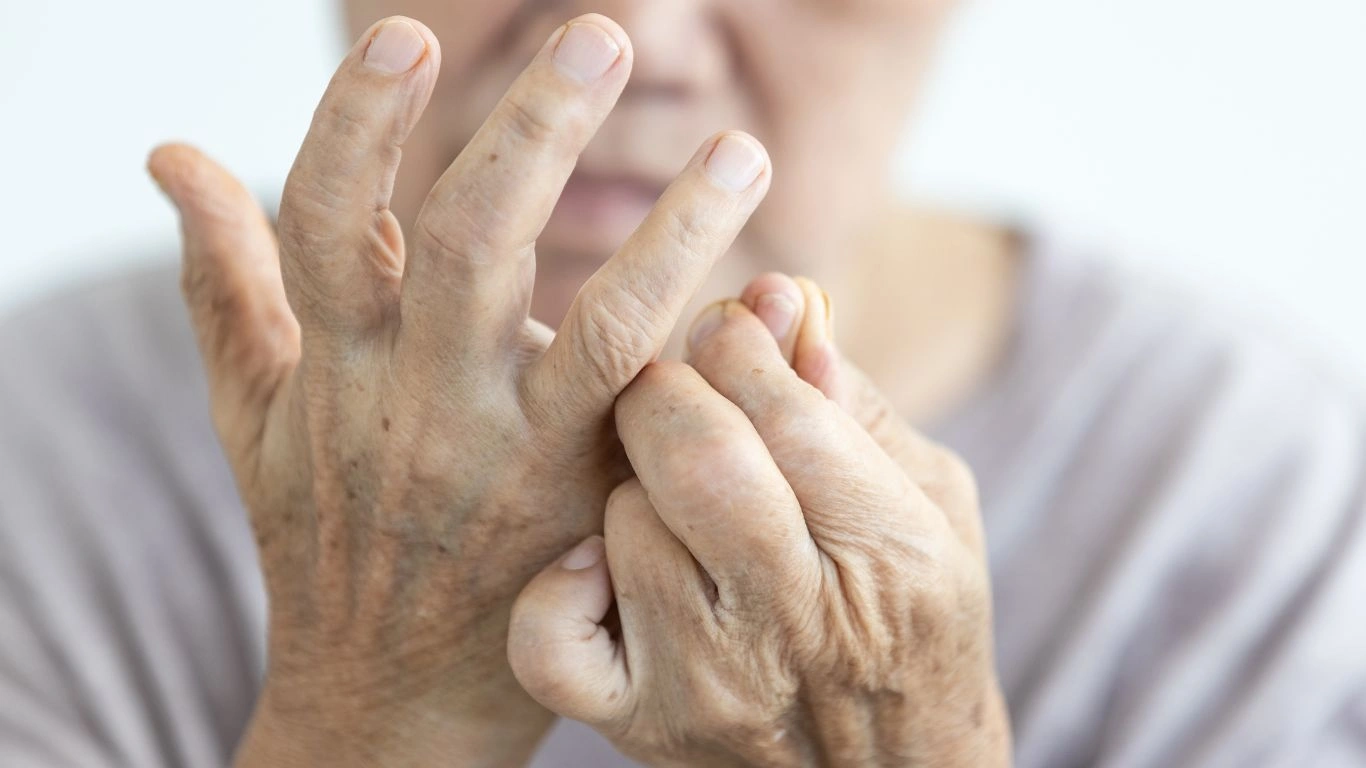
We can’t talk about morning RA pain without addressing sleep — or more specifically, how poor sleep can worsen morning stiffness and pain. Pain can make it tough to fall asleep or stay asleep, but poor sleep also feeds into inflammation, creating a frustrating cycle.
Tips for Better Sleep with RA
- Create a Comfortable Sleep Environment: Make your bedroom cool, dark, and quiet. Invest in a good mattress and pillows that support your joints.
- Stick to a Routine: Going to bed and waking up at the same time helps regulate your body’s internal clock, which can positively impact inflammation cycles.
- Mindful Relaxation: Practices like meditation, deep breathing, or gentle yoga before bed can calm your nervous system and help reduce pain perception.
- Limit Stimulants: Avoid caffeine and heavy meals close to bedtime, as they can interfere with sleep quality.
From my conversations with patients, those who prioritize sleep hygiene often report not just better rest but also noticeable improvements in how their joints feel in the morning.
Lifestyle Changes That Support Morning Joint Health
Besides medication and sleep, lifestyle tweaks can make a big difference. Let me share some of the most effective changes I’ve seen help people ease their morning RA pain.
Stay Active Throughout the Day
Consistent, moderate activity helps keep your joints flexible and muscles strong. It might seem tiring, but regular low-impact exercises like walking, swimming, or tai chi can reduce overall inflammation and improve joint function.
Maintain a Healthy Weight
Extra weight puts more pressure on your joints, especially knees and hips, which can worsen pain and stiffness. In my experience, even modest weight loss can relieve significant stress on the joints and improve symptoms.
Eat an Anti-Inflammatory Diet
What you eat impacts inflammation too. I often recommend diets rich in omega-3 fatty acids (found in fish like salmon), plenty of fruits and vegetables, and whole grains. Avoiding processed foods and excessive sugars can help dial down inflammation.
Many of my patients notice their morning stiffness easing up when they pair these lifestyle changes with their medical treatment.
When to Seek Help: Knowing Your RA Morning Pain Signals
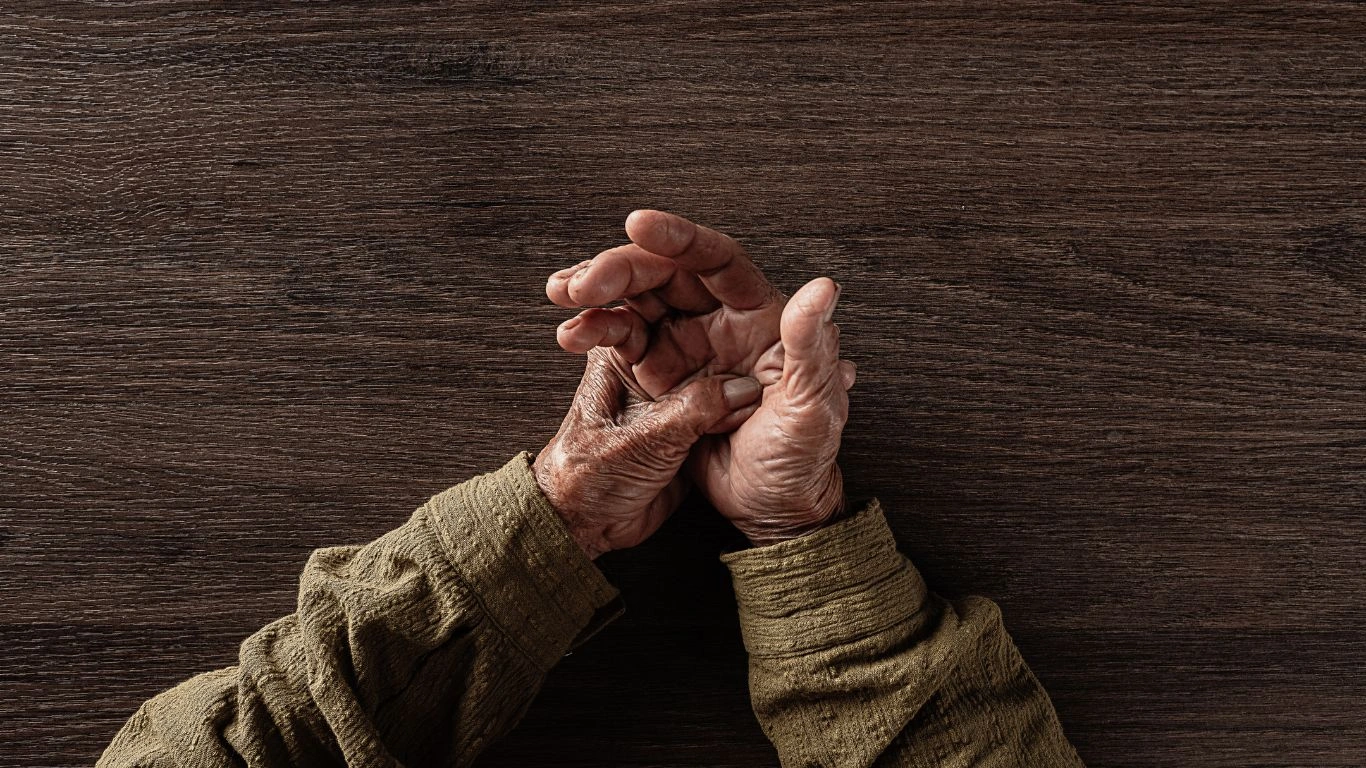
One of the biggest challenges I see in my practice is that people sometimes accept morning pain as “just part of RA” and don’t speak up about changes or worsening symptoms. But here’s the thing — not all morning stiffness or pain means your RA is stable. Knowing when to reach out to your healthcare team can make a huge difference in preventing joint damage and improving your quality of life.
Signs It’s Time to Call Your Rheumatologist
- Increased Duration or Severity: If your morning stiffness lasts longer than usual or the pain feels sharper and more intense, that’s a red flag.
- New or Worsening Joint Swelling: Swelling, warmth, or redness in joints that you didn’t have before signals active inflammation.
- Reduced Joint Function: Difficulty gripping, walking, or using your hands compared to before should never be ignored.
- General Symptoms: Feeling unusually tired, feverish, or unwell along with joint symptoms may indicate a flare-up or infection.
From experience, catching these changes early can often mean tweaking medications or adding therapies before things escalate. Don’t hesitate to keep that communication open.
Alternative Therapies That Complement Medical Treatment

Besides conventional treatments, many people ask me about alternative ways to manage their RA morning pain. While these shouldn’t replace your prescribed medications, they can be valuable additions to your routine.
Mind-Body Techniques
Practices like yoga, tai chi, and meditation have gained attention for their ability to reduce stress and promote relaxation — which can directly impact how you experience pain. I’ve seen patients who incorporate these techniques report not only less morning stiffness but also better overall mood and sleep quality.
Acupuncture and Massage
Some patients find relief through acupuncture or gentle massage therapy targeted at affected joints. These approaches may improve circulation and reduce muscle tension, helping to ease morning discomfort. If you’re considering these, always check with your healthcare provider to ensure they fit safely into your treatment plan.
Supplements and Nutrition
Omega-3 supplements, turmeric, and other anti-inflammatory natural remedies are popular. While research is ongoing, some patients do notice subtle improvements. Personally, I recommend discussing supplements with your doctor to avoid any interactions with your current medications.
Living Well with RA: Balancing Knowledge, Treatment, and Self-Care
At the end of the day, managing morning RA pain is about finding the right balance that works uniquely for you. In my years as a rheumatology nurse practitioner, I’ve learned that combining medical treatment, lifestyle changes, and proactive symptom management creates the best outcomes.
Remember: you’re not alone in this journey. Building a relationship with your healthcare team, staying informed about your condition, and listening to your body are powerful tools in controlling the unpredictable nature of RA.
When mornings are tough, lean into the knowledge that these aches and stiffness aren’t just random — they’re signals your body is sending. With the right approach, you can turn those signals into actionable steps toward feeling better every day.
References
Disclaimer
This article is intended for informational purposes only and does not replace professional medical advice, diagnosis, or treatment. Always consult your healthcare provider regarding any questions or concerns you may have about your rheumatoid arthritis or treatment plan.

Tarra Nugroho is a dedicated Nurse Practitioner with a strong foundation in family and preventive care. She brings both compassion and clinical expertise to her practice, focusing on patient-centered care and health education. As a contributor to Healthusias.com, Tarra translates medical knowledge into clear, empowering articles on topics like women’s health, chronic disease management, and lifestyle medicine. Her mission is simple: help people feel seen, heard, and informed—both in the clinic and through the content she creates. When she’s not caring for patients, Tarra enjoys weekend hikes, plant-based cooking, and curling up with a good health podcast.

